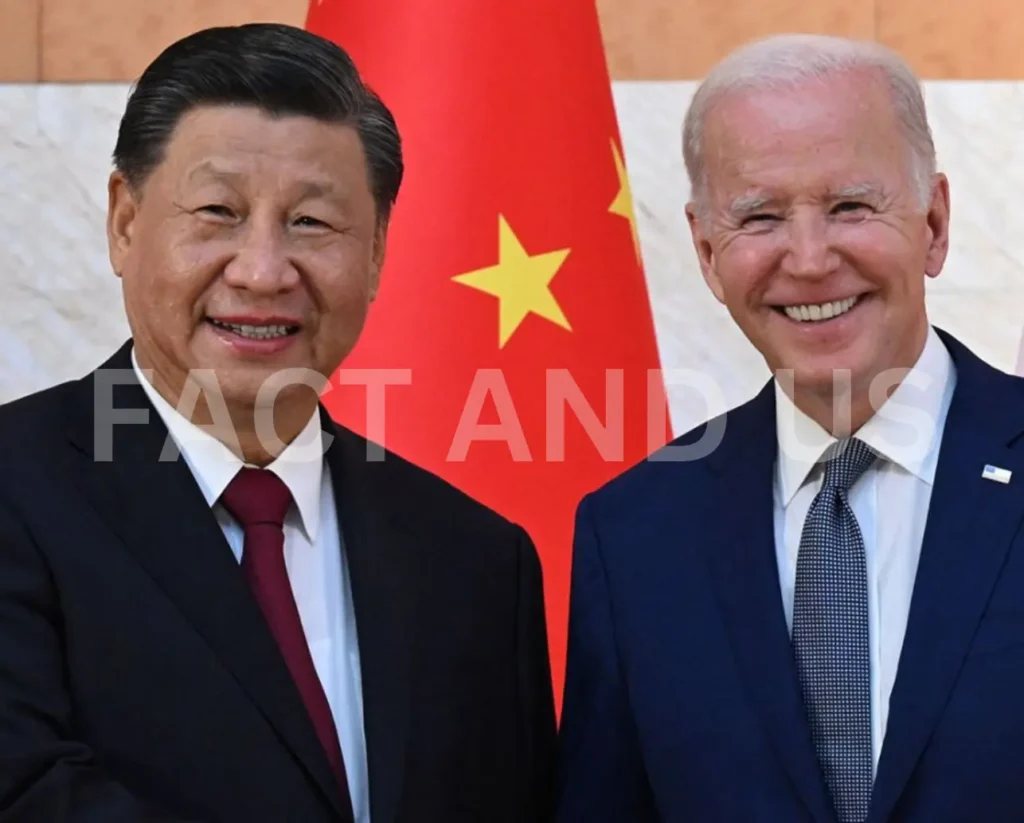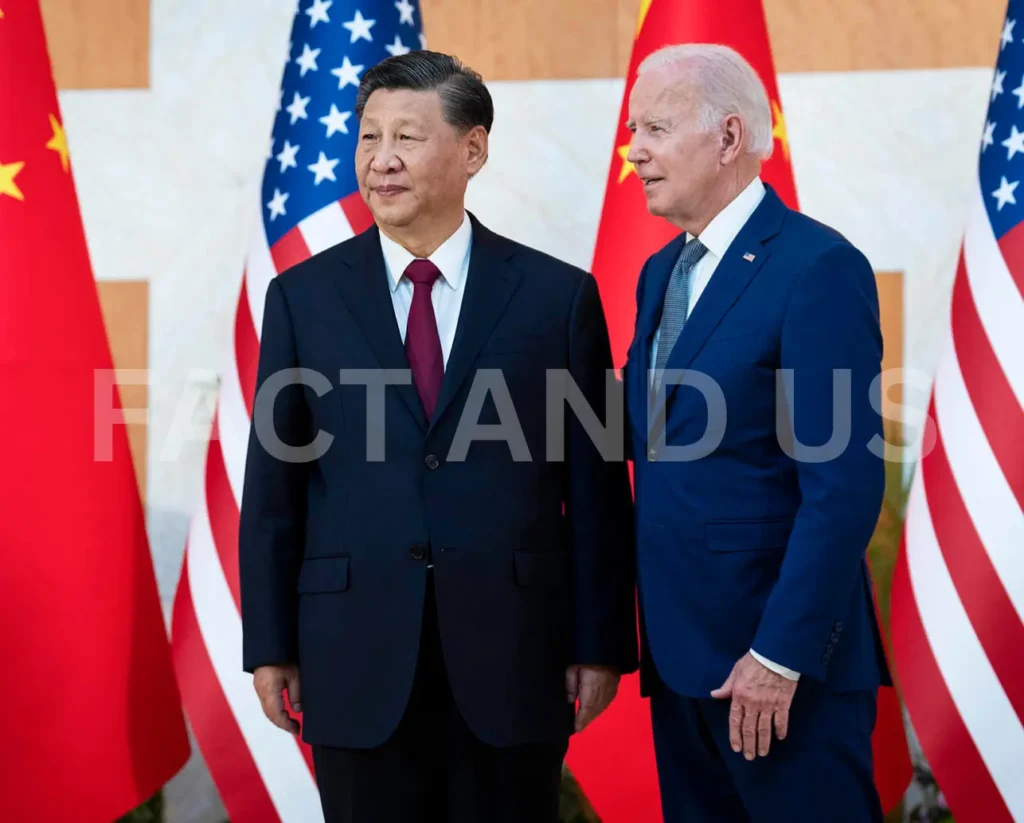Jake Sullivan, the U.S. National Security Adviser, has made his first visit to China, where he will hold talks with Foreign Minister Wang Yi as the two countries work to stabilize their relations. This visit, scheduled for Tuesday and Wednesday, shows that China remains a top priority for the Biden administration, even as President Biden approaches the final months of his term.

Sullivan and Wang have met four times over the past 16 months in various locations, including Vienna, Malta, Washington, and Bangkok. Their last meeting in January followed a high-stakes summit between Presidents Xi Jinping and Joe Biden, aimed at resetting strained relations.
There is speculation that another presidential summit might be in the works. While the White House is careful not to directly link Sullivan’s trip to the upcoming U.S. presidential election, the timing suggests that if Sullivan can pave the way for a final Biden-Xi summit, it would be a significant moment in Biden’s foreign policy.
Contents
Meeting Highlights
The presence of top advisors from the National Security Council, the Department of State, and the Treasury underscores the comprehensive nature of these discussions. The talks cover ongoing trade negotiations, supply chain issues, human rights concerns, and regional security dynamics. The administration is focused on developing a nuanced strategy that addresses both the economic and security aspects of the U.S.-China relationship.
The importance of direct communication with Xi Jinping was emphasized during the meeting. Biden’s team is actively working on arranging a potential summit or high-level interaction with the Chinese leader to foster clearer communication channels and reduce misunderstandings.
In a broader sense, this meeting reflects the administration’s recognition of China’s significant influence on global affairs and the need for a well-calibrated approach. As the U.S. continues to pursue its strategic priorities, China remains a central factor in shaping the global landscape.
As President Biden’s administration moves forward, China and Xi Jinping are set to remain critical elements of U.S. foreign policy, with an emphasis on balancing competition with cooperation in a rapidly changing international environment.
Beijing’s Perspective: A Critical Juncture
Talks between U.S. and Chinese diplomats are never easy, and this meeting is no exception. While the Biden administration has emphasized diplomacy, it has not rolled back Trump-era tariffs and has even added new ones, such as steep duties on Chinese-made electric cars, solar panels, and steel.

Biden has also strengthened alliances across Asia to counter China’s growing influence and increased the U.S. military presence in the region, which has raised concerns in Beijing. The Harris campaign has yet to reveal much about how it plans to manage the relationship with China. The White House has made it clear that Sullivan’s visit is intended to continue the work of the Biden administration, rather than set the tone for the next president, but China is likely looking ahead.
Washington’s Perspective: Stealth Over Bravado
When Biden took office, he aimed to stabilize U.S.-China relations after the chaos and unpredictability of the Trump administration. His administration sought to “responsibly manage” the rivalry with Beijing, showing American power and competition with China through subtlety rather than bravado. However, this strategy has been tested by recent events.
Last year, tensions escalated when an American fighter jet shot down a suspected Chinese spy balloon over U.S. territory. The wars in Ukraine and the Middle East have further complicated the situation.
In April, U.S. Secretary of State Antony Blinken visited Beijing with a warning that the U.S. would act if China did not stop supplying Russia with microchips and machine parts used in weapons for the war in Ukraine. Blinken accused China of “helping to fuel the biggest threat” to European security since the Cold War.
The Goal: Stable Relations
Last year’s summit between Biden and Xi in San Francisco was intended to make progress on these issues. Despite the tariffs and stern rhetoric, Washington and Beijing have acknowledged their differences, and reports of a potential deal on curbing fentanyl production are a positive sign.
When Blinken visited Shanghai and Beijing in April, the public aspects of his meetings with senior Chinese officials were tense, reflecting a show of diplomatic strength intended for domestic audiences. This dynamic will likely be present in Sullivan’s trip as well, as he seeks to bolster Biden’s diplomacy in the final months of his presidency.
However, these meetings also serve a crucial purpose: providing face-to-face time between two rival, interdependent economies as they navigate mutual distrust and try to understand each other’s true intentions. Sullivan’s previous meetings with Wang Yi have quietly laid the groundwork for what both sides refer to as “stable relations.

Stay connected with Fact and US for more such news.
